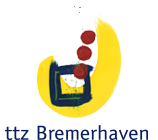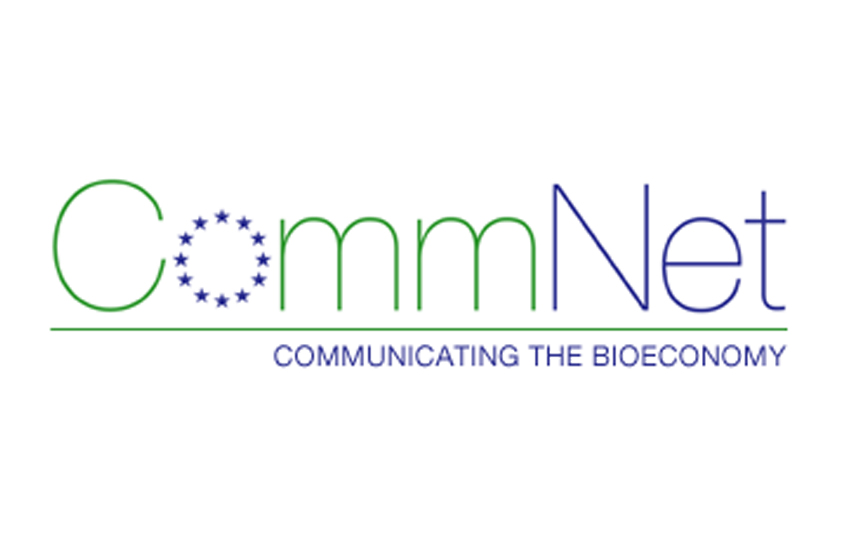Global challenges and change – A better two-way communication between science and the public needed in the Bioeconomy. Two days of information, demonstration, exchange and debate organized by CommNet during the Bioeconomy Week in Brussels
To celebrate the 60th anniversary of the discovery of DNA the first European Biotech Week was held from 30 September to 2 October 2013 in Brussels by more than twenty biotech associations. CommNet, the communication network for bioeconomy projects, was at the centre of the celebration, holding CommNet’s second Bioeconomy Forum, a two-day event full of information and debate on topics in the bioeconomy, especially those relating to communication.
Thirty-nine speakers and panellists contributed to the conference and enriched the convention with their speeches, presentations and conversation. The two-day meeting was attended by 150 people, who added their expertise to the formal and informal discussion, and formed a CommNet community of experts: top-level researchers, directors of science institutes and industry associations, technology transfer experts, EU officials and market consultancies.
Global Challenges and the Bioeconomy in the Centre of the Conference
Since the first conference, in 2012, was dedicated to health and nutrition, CommNet centred its 2013 event on the grand challenges of sustainability, food security, plants and marine resources. The title of this year’s forum was ‘Global challenges and the bioeconomy – part of the solution of part of the problem? A communication case.’
Thomas Dodd from DG Research, Bioeconomy Unit, observed, ‘In the face of environmental limits and threats we need to change from a fossil-based economy to a bio-based economy’. But we run the risk of not changing or changing too slow, he added, ‘because it is not only the public who should better understand science, but science should also better understand the public’. According to Dodd, ‘the two-way communication, the dialogue and engagement between scientists and others will be the key extra ingredient of future bioeconomy communication.’
‘Who has the power to change?’
Professor Tim Benton, UK champion for global food security and Professor of Population Ecology at Leeds University, gave a masterly description of the challenges of a ‘Hungry Planet’. A projected increase of 60 % in food demand by 2050 will be generated primarily by soaring middle class consumption in Asia and South-America. At the same time, we will have to deal with the problems thrown up by climate change and the shortage of finite natural resources and an increased competition on natural resources which, caused by unequal distribution, could lead to social unrest. Concluding his speech, Professor Benton asked, ‘Who has the power to change?’ and stressed the need for better informed consumers and for a programme of education.
Plant Genetics and Blue Growth – two innovation paths
Professor Helmut Hirt, President of the EU plant science organisation ESPS and director of INRA Paris, demonstrated forcefully the need for innovations in crop breeding and a sustainable intensification of agriculture to satisfy future food demand. Highlighting the opportunities of more efficient and resistant crop varieties – by optimising only 16 major crops, food production could be increased by 60 % – Professor Hirt also stressed the need for more educated consumers. In the light of ongoing debates on GMO in Europe, he urged for an ‘authoritative source of independent information’.
It was the job of Jan-Bart Calewaert from the EU Marine Board to demonstrate the potential of blue growth. He discussed the tapping of the unexplored biotechnological resources of the oceans and their potential for new applications, while also warning that pollution of seas could endanger these promising potential resources for the bioeconomy.
Best and worst cases in bioeconomy communication
During the workshops six CommNet speakers discussed their best and worst cases in bioeconomy communication, gauged by the results and uptake of their EU-funded projects. The topics ranged from new applications of energy plants, and video games to explain the benefits of a biorefinery, to the worsening of a food scandal due to the lack of sound scientific evaluation.
A Poster Exhibition featuring projects contributing to the global challenges debate
The CommNet consortium member PRACSIS, a Brussels-based communication agency, presented some of the forum’s highlights: a poster exhibition featuring CommNet bioeconomy projects and CommNet’s first Innovation Catalogue. Selected articles published by CommNet were displayed on huge posters across the reception area where their striking design attracted participants’ attention. The public poster exhibition contributed to the visibility of bioeconomy projects that address important social challenges.
A new Innovation Catalogue of Bioeconomy Projects launched
As a result of the activities of CommNet’s Industry and Policy PR Desk, led by PRACSIS, the first edition of the Innovation Catalogue was presented to participants in the forum. The catalogue features selected bioeconomy research projects and discusses their positions in the innovation cycle, both in the agrofood chain and in the field of bioplastics. CommNet’s Innovation Catalogue is already available digitally and in print. Please contact dc@pracsis.be
Valuable contacts between science and business
The Innovation Catalogue also provided the basis for a new event on the second day of the forum, introducing representatives of the bioeconomy projects to experts in economy and technology for a valuable exchange. With its different formats and modes of communication CommNet’s second bioeconomy forum contributed to the dissemination of the results of bioeconomy research and to the establishment of valuable contacts between science and business for the realisation of better innovations.
For more information:
- Innovation Catalogue
- Research project: Commfabnet
- Homepage CommNet
- Press Release: Bioeconomy Research to get the communication boost it needs
ttz Bremerhaven is an innovative provider of research services and operates in the field of application-oriented research and development. Under the umbrella of ttz Bremerhaven, an international team of experts is working in the areas of food, environment, health and consulting.




